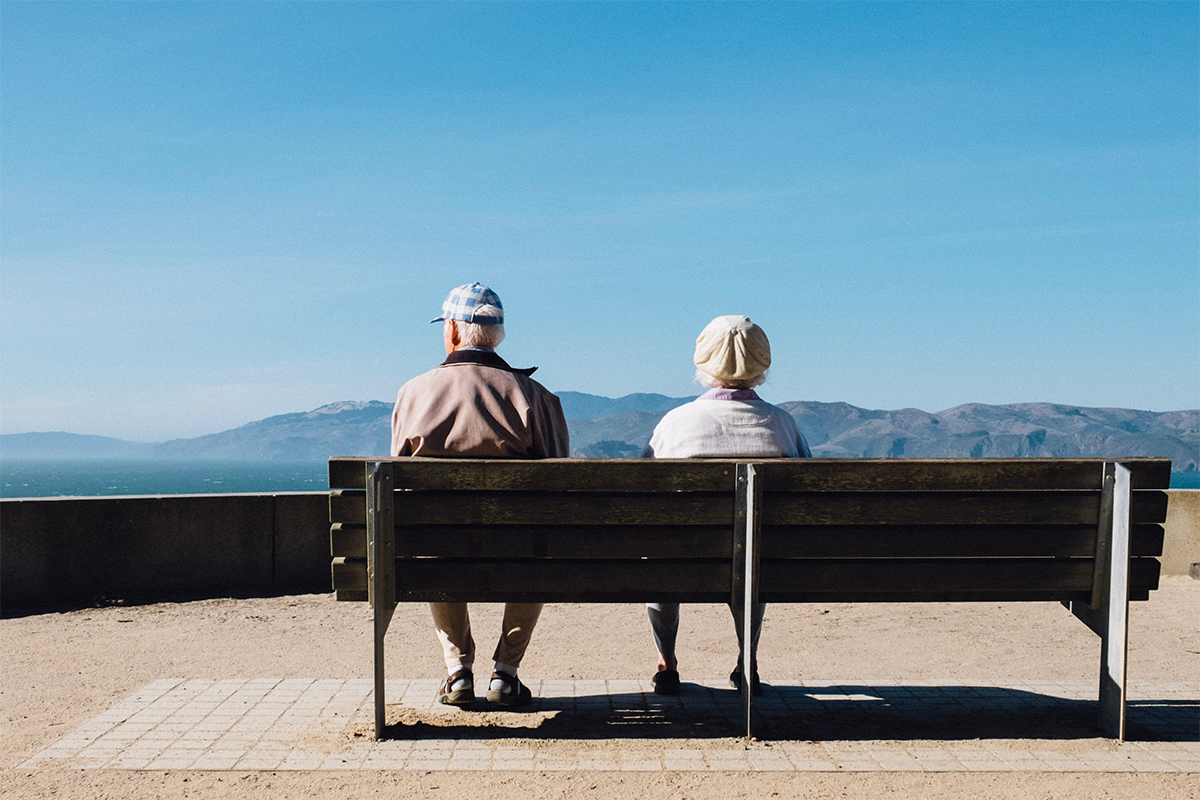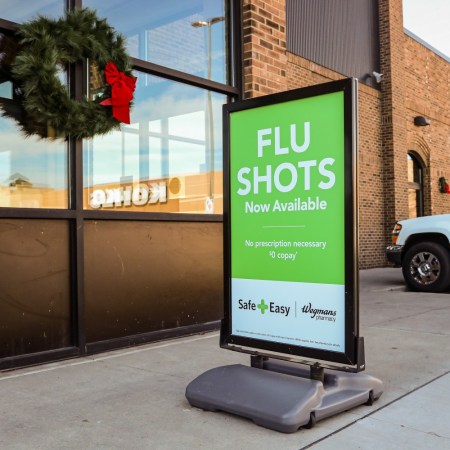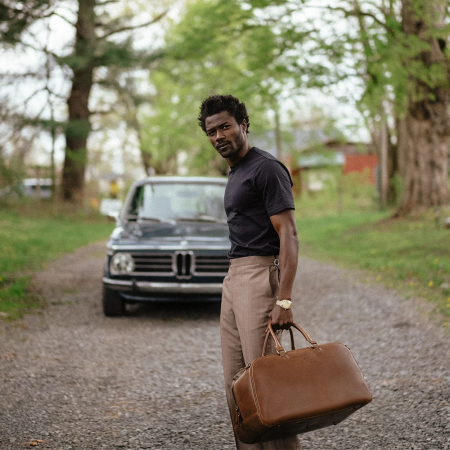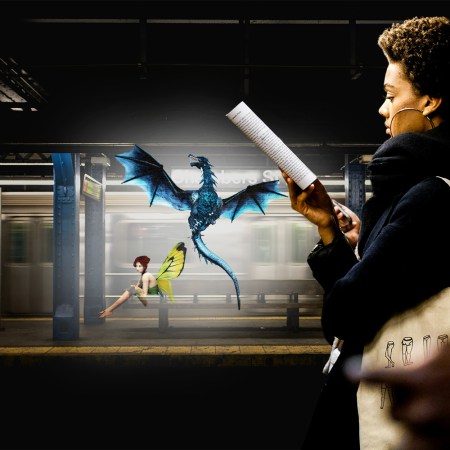There’s a concept called “mortality salience,” which refers to an individual’s awareness that his/her death is inevitable. Most of us have perceived it — if you’ve shared a joint during college, you’ve definitely stumbled into it — but it’s especially relevant for senior citizens. As the end of their days looms, they make new plans, enlist new friends or try new behaviors to distract from that reality.
For their demographic, this year could be mortality salience on steroids. After a near-year of bubbledom, those in their 60s and above have had far too much time to sit around and reflect on exactly where they are in their lives. Now, as the first in line to get two doses of the vaccine, they seem especially eager to get out and see the world in order to make up for the lost time or make more memories before their time officially runs out.
According to a recent survey by travel agency Virtuoso, older people are more likely to travel than any age group in 2021. And they’re pegging it precisely to when they get the vaccine; 95% of those polled said they would travel only once they received the shots. Meanwhile, The New York Times recently spoke to a variety of luxury cruise operators and resort executives. The refrain is the same throughout — bookings are trending up, and the 65-plus crowd is leading the way.
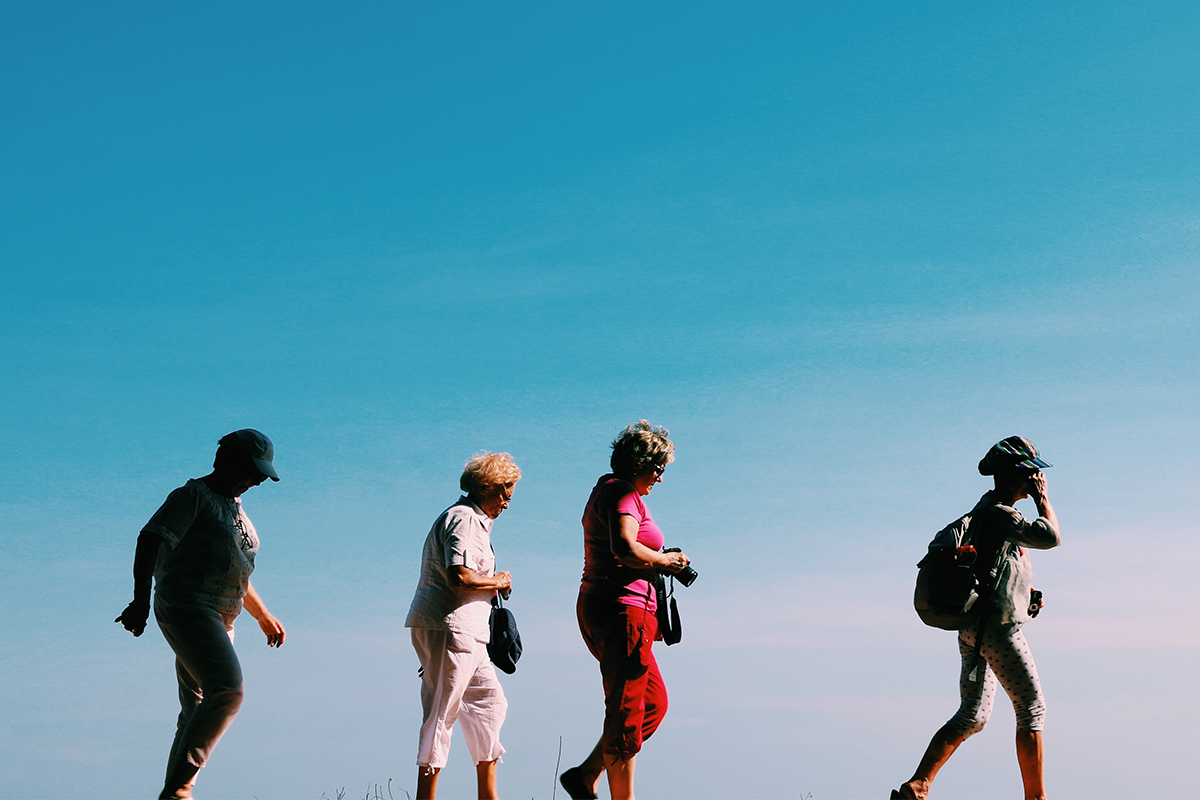
Is this a good thing? That depends. From a mortality salience perspective, yes: it gives aging people a chance to live their lives fully again, to go see new things. Mental health concerns are indiscriminate of age, and all the isolation senior citizens have experienced — time away from family, especially — takes its toll. Not to mention, their purchasing power is a much-needed early appetizer for the wallowing travel industry.
But keep in mind, we’re yet to see conclusive evidence that the Pfizer/BioNTech or Moderna vaccines can prevent a person who is vaccinated from spreading the virus to someone else. What does that mean? Well, even if an older couple is fully vaccinated, they could potentially carry and spread the coronavirus on a trip to see turtles in the Galapagos.
When making travel plans this year (and this applies to everyone, not just older folks), it’s important to prioritize places where vaccine rollout has kept reasonable pace with your community. Remember: across 70 developing countries, only 10% of the population will be vaccinated by the end of the year. The issue is many of these places also happen to be desirable tourist destinations.
The key, as always with travel, is research. Which places instituted effective contact tracing apparatuses? Do Americans have to quarantine? If you get sick or injured — for a non-COVID reason — will the local hospital be too overtaxed to treat you? Is there any possibility you’d get “stuck” in a foreign country? For seniors who feel like they have little time left, the extra homework may feel frustrating. But it’s the smartest way to pull off a trip in a year like this — and guarantee there will be more travels to come.
Thanks for reading InsideHook. Sign up for our daily newsletter and be in the know.
